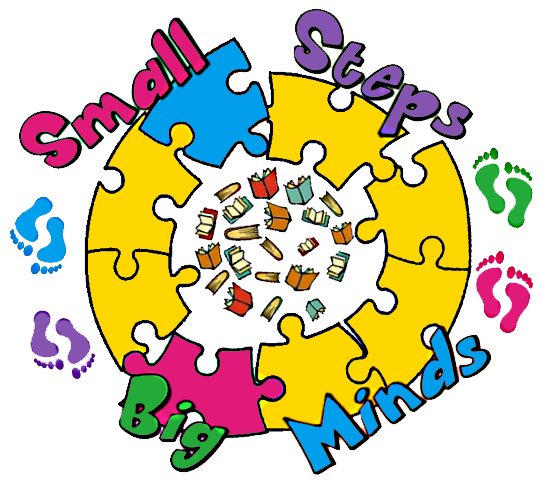Effective communication between parents and teachers plays a vital role in ensuring the success and well-being of students. When parents and teachers work together, they create a supportive and nurturing environment that fosters learning and growth.
This post explores the importance of parent-teacher communication, its benefits, and some practical strategies to improve and maintain this essential partnership.
Building Trust and Collaboration
Establishing a strong foundation of trust and collaboration is crucial in parent-teacher communication. By fostering a positive and open relationship, parents and teachers can work together to support the child’s academic, social, and emotional development.
Regular communication helps build trust and enables both parties to better understand and address the needs and challenges of the student.
Sharing Information
Effective communication allows parents and teachers to share valuable information about the child’s progress, strengths, and areas for improvement. Teachers can provide detailed updates on academic performance, behaviour, and social interactions, while parents can share relevant information about the child’s home life, interests, and concerns.
This exchange of information helps create a holistic understanding of the student, enabling tailored support and interventions.
Enhancing Student Motivation
When parents and teachers communicate regularly and positively, students feel supported and motivated. By involving parents in their child’s education, teachers can reinforce the importance of learning and create a sense of shared responsibility.
Regular updates on academic achievements, milestones, and areas of improvement can inspire students to take ownership of their education and strive for greater success
Addressing Challenges and Celebrating Achievements
Parent-teacher communication serves as a platform to address challenges that students may face. By discussing concerns promptly, parents and teachers can collaboratively develop strategies to overcome obstacles and provide the necessary support.
Additionally, celebrating achievements, both big and small, fosters a sense of pride and boosts the student’s self-esteem.
Practical Strategies for Effective Communication
- Establish various communication channels
Use a combination of methods such as face-to-face meetings, phone calls, emails, or online platforms to ensure accessibility and convenience for both parents and teachers.
- Schedule regular meetings
Set aside dedicated time for formal meetings, such as parent-teacher conferences, to discuss the child’s progress, goals, and any concerns.
- Use technology
Leverage digital tools and platforms to share updates, assignments, and resources with parents. Online platforms can facilitate ongoing communication and provide a space for parents to ask questions or seek clarification.
- Be proactive
Initiate communication with parents to share positive updates, commendations, or to address any emerging issues promptly.
- Language considerations
Ensure that communication is clear, concise, and easily understandable for parents from diverse backgrounds. Provide translations or interpreters as needed.
Conclusion
Effective parent-teacher communication is a cornerstone of student success. By building trust, sharing information, enhancing motivation, and addressing challenges, parents and teachers can create a collaborative partnership that supports the growth and development of each child. Implementing practical strategies, such as diverse communication channels and proactive outreach, ensures that this essential connection remains strong. Together, parents and teachers can provide a solid foundation for students to thrive academically, socially, and emotionally.
